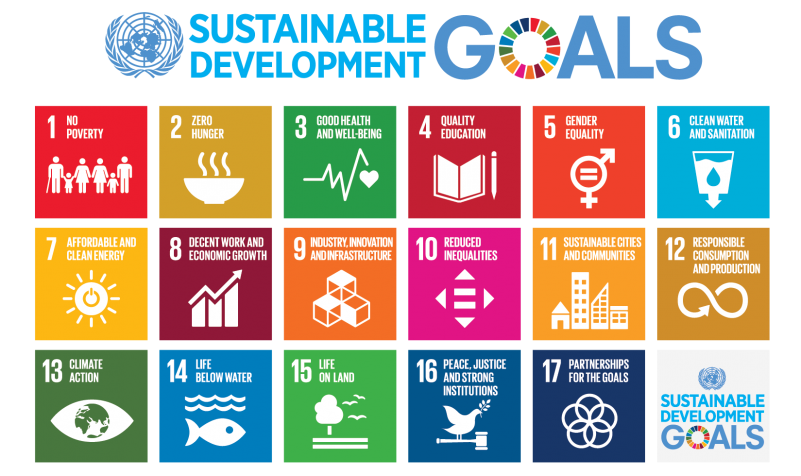The adoption of the Sustainable Development Goals (SDGs) by the United Nations General Assembly in September 2015 was a highly anticipated event in global development. The Open Working Group put together a comprehensive set of goals and targets to propel global efforts towards a sustainable and poverty-free world by 2030. The countries convened again in 2020 to discuss the ecological problems of the world and the way these goals have impacted the sustainable practices in the participating nations. Jeffery Sachs formulated an SDG index to “to assess where each country stands with regard to achieving the Sustainable Development Goals.”

It is evident from this SDG index that the mission is doomed to fail in the present world scenario unless far more attention is paid to the governance issues that are critical to their implementation. Western countries like Finland, Sweden, Denmark etc top the index rankings but these nations, in reality are not environmentally sustainable at all. It must be noted that SDG index does not take into account the material footprint (natural resources used by a country) and hence, fails to give a clear picture of the actual progress in the sustainable development model. Despite the important issues that are at stake, the UN SDG index applauds the wealthy nations while simultaneously ignoring the damage that these nations cause. They will fail to achieve their lofty goals unless the world starts thinking about governance in the context of the SDGs. However, in order to hold responsible stakeholders accountable, we need effective ways to feed this information back into the policy and political arena. Governments are primarily involved, but other key stakeholders in the private sector, NGOs, and even civil society are also involved.
The Open Working Group has been notably unsuccessful in articulating a compelling vision for long-term sustainability. It is evident from the Rio +20 UN Conference held in June 2012 that the concept of sustainability is a failed attempt at tackling the problems posed by global climate change. This should be seen as an opportunity to reexamine our approach towards handling this issue. The concept of sustainability is unable to comprehend and keep up with ever changing realities of the present human age. The current human induced changes are non linear and unprecedented, and so it is unwise to expect a fixed solution to this problem. The focus should be on a more adaptive policy that keeps up with the changing climatic trends of our age.
According to the UN, the idea of sustainability is in line with the idea of sustainable development. However, they are subtly different from each other. Sustainability refers to the ability to engage long term in a process while sustainable development deals with economic and social development keeping in mind the environmental factors. This idea of sustainable development has not provided effective results as there is the inevitable possibility of a large scale irreversible change with increasing human activity.
Despite this unpredictability, the world governments keep focusing on the goal of sustainability. I believe that sustainability is a useful concept but it is no longer a viable option to tackle environmental change. For example- it is impossible to have a sustainable development model for fisheries when the migratory pattern, behavior and population of the fish stock keep evolving with the changing environment. This is the case with all other natural resources too.
In conclusion, we should be focusing more on the idea of resilience as an alternative to sustainability. Resilience acknowledges the dynamic relationship between human activity and its effect on natural resources as well as climate change. It also recognizes the complexities of SES (socio-economic status) and embraces their uncertainty. In this way, it offers a more realistic approach.
One of the key-points about resilience is that it is not inherently good or bad. While sustainability emphasizes equity in generational terms, resilience offers a more open assessment of societal justice. It focuses on the valued elements of an SES and the limit to which these elements are integrated in the policies and approaches.
The shift from sustainability to resilience will help us embrace our changing environment instead of trying to maintain the current state of being as it is. Although the concept of resilience is at a critical stage as of now, it is still gaining the attention of environmentalists and policy makers. It is necessary to apply the concept of resilience to a practical level and not let it become just a rhetorical device like sustainability.
It cannot be denied that the concept of sustainability can no longer be used as an effective way to counter global climatic change. The future needs a more adaptive and principled approach to combat this change.
Shoa Falak is a student pursuing MBA in International Business from Jamia Millia Islamia.
Edited by: Zaina Shahid Khan



GIPHY App Key not set. Please check settings